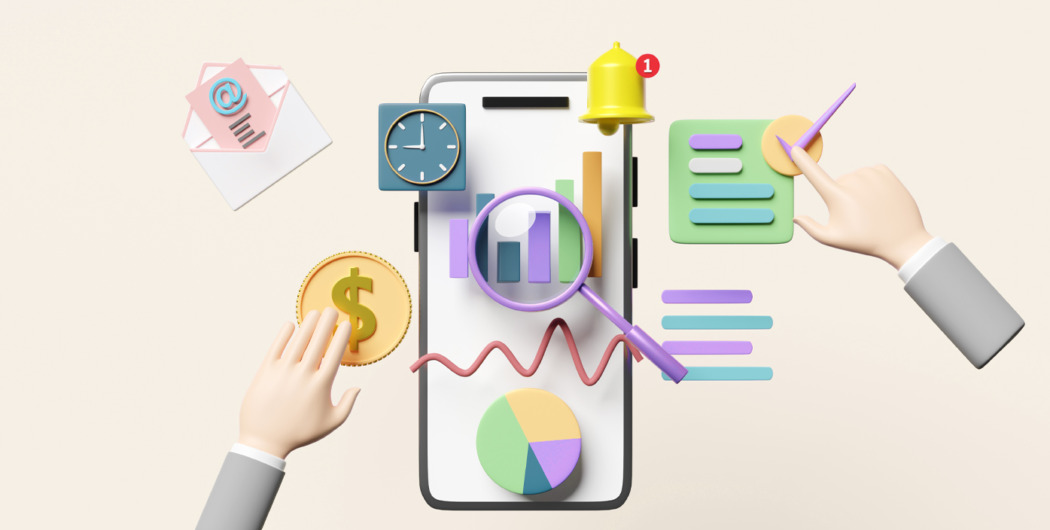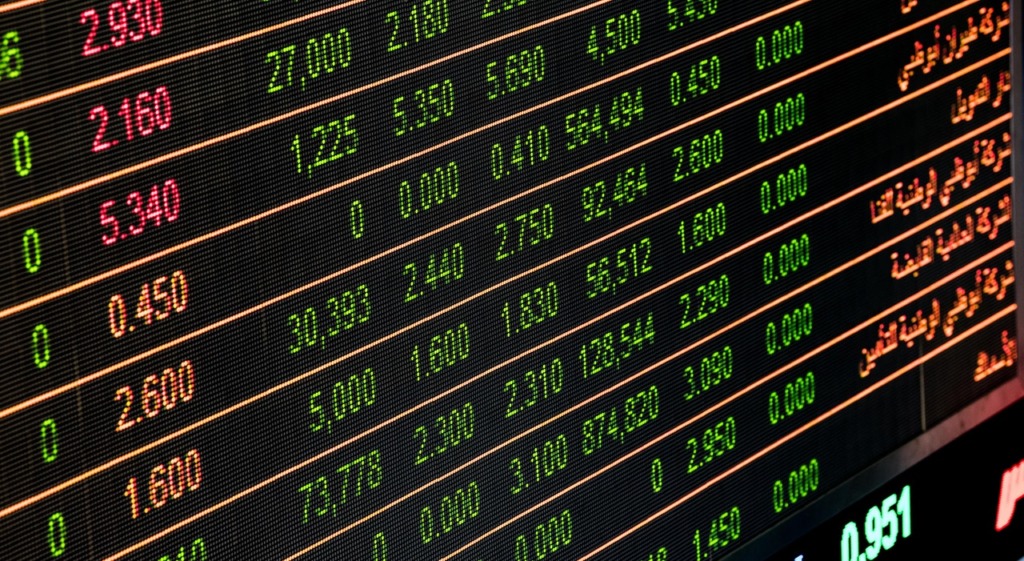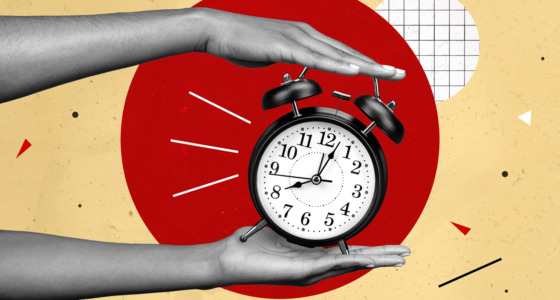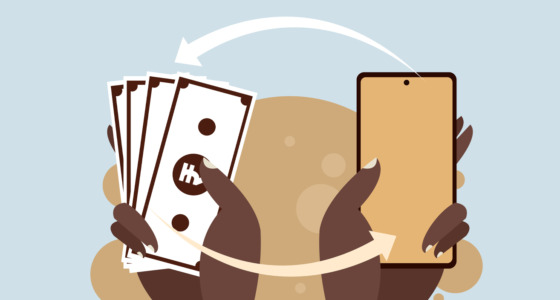

Many people are under the false impression that trading is no more than gambling, but it is absolutely wrong. There is no connection between trading and gambling at all. However, it fulfills an important role in the economy. As an example, Foreign Institutional Investors (FIIs) are the primary drive behind the Indian market. In 2021 alone, FIIs invested some Rs. 50,089 crore (US$ 7.06 billion) into the economy.
Trading takes real skill and know-how, and if you know when and what to trade, you’ll have a real advantage in the market. This article will explain how you can find your niche in the market.
How your trading strategy affects what you trade
Many novice traders lose capital because they have chosen a trading strategy that doesn’t suit them. At the end of the day, this puts them at a real disadvantage. You can’t force yourself to fit within a certain mold. Rather than trying to, you should find a strategy that works well with your particular style.
Your trading style and the strategies you use are important because they dictate what kinds of assets you should trade. If you’re a risk-taker, for example, then you might want to give stock trading a try. Penny stocks are volatile by nature, so can provide plenty of excitement.

If you’re more cautious in your approach to trading, you could try swing trading with blue-chip shares instead, or with relatively stable commodities such as precious metals or agricultural goods.
When should you start trading with a live account?
Most brokers or trading platforms will provide you with the opportunity to practice trading on a demo account before you jump into live trading. This is very useful, as it gives you a chance to get comfortable with the trading software and helps you hone the finer points of your trading strategy.
But when you’re new to trading, it can be difficult to know when it’s time to start trading with a live account. After all, how are you supposed to know whether or not you’re ready?
To answer that, consider these questions:
- Have you done your research? Have you educated yourself on trading as much as possible?
- Do you have a solid strategy in place?
- Have you established a trading journal for yourself?
- Have you performed consistently well on your demo account for at least a month?
If you find yourself answering each of these questions with a yes, it might be time for you to try out a live account. Just make sure that you start small and exercise caution. You should give yourself time to get used to real trading rather than jumping straight into the deep end.

Conclusion
Arguably the most important part of trading is to find a strategy that works for you—one that suits your personality and tolerance for risk. Also, make sure that it fits into your schedule and all the other things you’ve got going on.
When you have a strategy in place, you should still be careful not to jump into live trading too quickly. Take your time. Practice your strategy on your demo account. Only move to a live account when you feel confident and self-assured.







